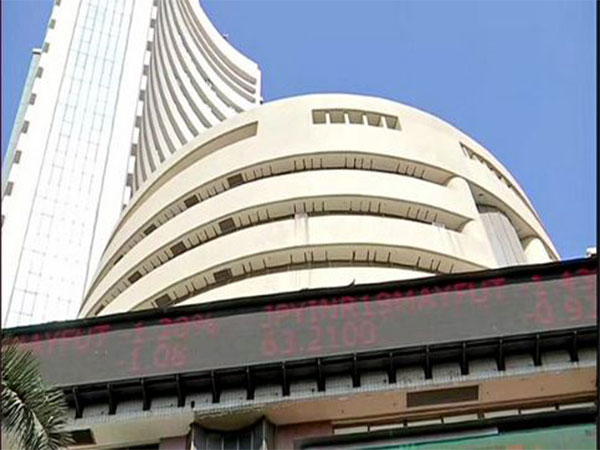Global Trade Tensions Shake Indian Markets Amid US Auto Tariff Announcement
Indian stock markets witnessed a shaky opening on Thursday following Donald Trump's announcement of a 25% tariff on US auto imports, effective from April 2025. The Nifty 50 and BSE Sensex saw initial declines, influenced by global trade disruptions affecting several major economies, particularly impacting auto sector stocks.

- Country:
- India
Indian markets opened under pressure on Thursday after former U.S. President Donald Trump announced a 25% flat tariff on US auto imports, effective from April 2, 2025. The Nifty 50 index experienced a dip, opening at 23,422.45, down 64.40 points or 0.27%, while the BSE Sensex fell to 77,089.12, a decline of 199.38 points or 0.26%.
Trump's tariff announcement marks a significant escalation in trade tensions, with Canada, Mexico, Germany, South Korea, and Japan expected to be the most affected. Market experts predict heightened volatility for Indian markets due to these global trade disruptions and the knock-on effects seen in other major markets.
Market expert Ajay Bagga highlighted that US auto maker stocks were down 2% to 6% in post-trading hours, while Japanese and South Korean auto makers saw similar declines in Asian trading. He noted that broader markets are bracing for further global and sectoral tariff announcements on April 2nd, which could impact pharmaceuticals and semiconductors.
Sector indices showed India's auto sector shares were also impacted, with the Nifty Auto index down 1.37% at the opening. Amongst the Nifty 50, IndusInd Bank and Trent emerged as top gainers, while NTPC, Tech Mahindra, CIPLA, and Axis Bank were the top losers.
Akshay Chinchalkar, Head of Research at Axis Securities, stated that the Nifty's decline ended its seven-day winning streak, marking 23,869 as a new swing high. He indicated support levels at 23,275-23,402, with resistance at 23,640 and 23,720. However, small- and mid-cap benchmarks are not as robust, pointing to cautious market sentiment. Meanwhile, other Asian markets displayed mixed reactions, with Japan's Nikkei 225, Taiwan's Weighted Index, and South Korea's KOSPI index facing declines, contrasted by a 1.28% surge in Hong Kong's Hang Seng Index.
(With inputs from agencies.)










